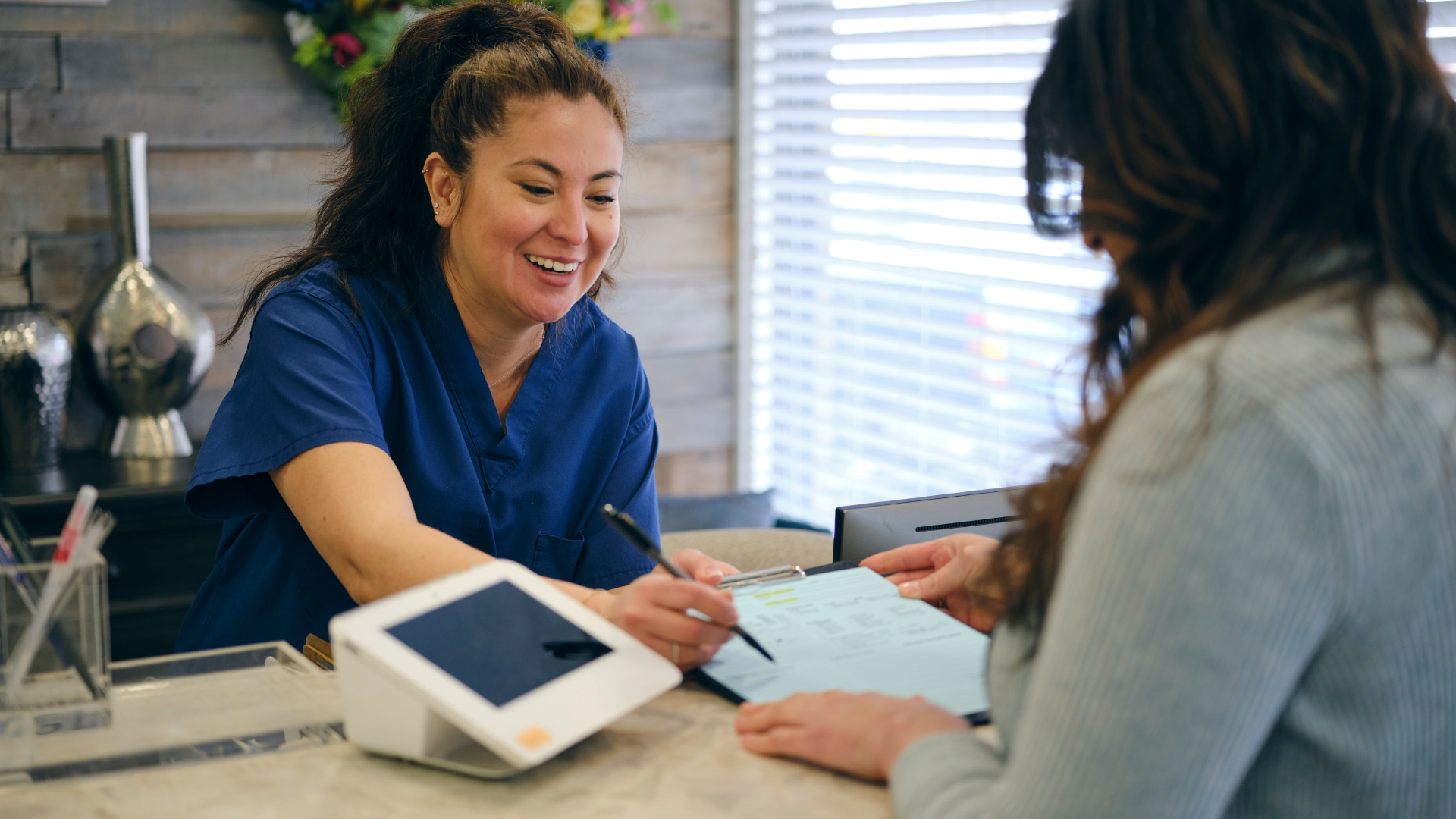Upon making the decision to prioritize improving the dire maternal and infant health crisis our state is facing, Community Solutions committed itself to ensuring said efforts are rooted in the lived experience of the families and professionals in our communities. Thus far, these collaborations have come in a myriad of forms, including engaging with practicing midwives across our state before advocating for their full integration into the normal course of care for low-risk birthing people and testifying as a proponent of House Bill 496 earlier this year.
In late 2020 Community Solutions was invited to join the Ohio Council to Advance Maternal Health, a group of largely clinical stakeholders who are tasked with developing and implementing state-specific solutions to the problem. Through this table, we have been able to connect with OBGYNs, home visitors and other perinatal professionals across the spectrum about their experiences with birthing people and their families and pair those stories with our advocacy.
We have consistently engaged with community-based organizations who serve some of our most vulnerable to adverse outcomes due to a myriad of factors, the most common of which is medical racism.
More importantly, however, we have consistently engaged with community-based organizations who serve some of our most vulnerable to adverse outcomes due to a myriad of factors, the most common of which is medical racism.
Village of Healing provides culturally sensitive care in the community
After years of connecting virtually, Community Solutions staff recently had the opportunity to visit Village of Healing, the first and only clinic in Cuyahoga County led by Black women for Black women and their reproductive and gynecological needs. Da’na Langford and Tenisha Gaines opened the physical Village of Healing doors on February 14, 2022 in Euclid, but their work together to provide a safe space for Black women and their health needs began long before then. Having worked together for institutions dominated by the over-medicalization of childbirth, implicit bias, and racism while subsequently being asked to participate in taskforces, committees and commissions with no authority to tackle the problem, the two women decided to take matters into their own hands in 2019. The Village began without clinical services but instead two incredibly successful community-based programs for Black women: Mother to Mother developed in collaboration with POEM (Perinatal Outreach Encouraging Moms) and the Black Professional Women’s Group.
Now, with a space to call their own, Da’na and Tenisha spend their days navigating the ins and outs of medical billing, donor relations and marketing to ensure they have the resources and staff to serve the over 300 patients they have seen in the nine months they’ve been open. The response from having culturally sensitive care readily available in the backyards of a population that has long been ignored has been overwhelming, but doubles down on the necessity of the facility.
The team ensures that their space reflects not only their values and those of the community but is one that is welcoming.
The team ensures that their space reflects not only their values and those of the community but is one that is welcoming – like something I’ve never seen before.
Dismantling medical mistrust
A traditional medical appointment is a universally shared, though bleak experience for most: patients, even those considered “established,” often get the runaround when trying to schedule an appointment from front-desk staff who are less likely to have participated in any implicit bias or other culturally competency training that may be required by providers. When the appointment is finally secured, patients find themselves in a sterile facility and room with no art, color or character, to see a provider who may not even be yours for a few minutes with little to no next steps for care.
The Village of Healing combats this experience, which is often attributed to medical mistrust, poor patient experience and lack of provider-patient communication by making the space one patients can relate too. Upon entering the facility—located in a plaza near a bus line, several pharmacies, several grocery stores, restaurants and other essential services—you are welcomed with smiling faces and brightly painted spaces. There are uplifting quotes throughout the facility, including in hallways and exam rooms, from Black Americans such as Maya Angelou who made a substantial impact on Black civil rights and upward mobility. My personal favorite, however, is that each room is named after a Black individual who had an extraordinary role in medical advancements, often without their consent. Some examples include Henrietta Lacks and The Mothers of Modern Gynecology: Anarcha, Betsy and Lucy.
Black families in Ohio are facing a preventable crisis that can be alleviated with changes to public policy but requires political will.
Preventable crisis and political will
Da’na and Tenisha have committed themselves to this work because they have seen first-hand what is at stake. As we have consistently reported, Black families in Ohio are facing a preventable crisis that can be alleviated with changes to public policy but requires political will.
- Black Ohio women remain 2.5x more likely to die of a pregnancy related cause than white women
- 7x more Black babies die before their first birthday compared to white babies
- Black babies in Cleveland die before their first birthday at five times the rate of white babies
- In Cuyahoga County, Black babies die at three times the rate of white babiesUntil then, they will continue operating because #WeAllWeGot.








